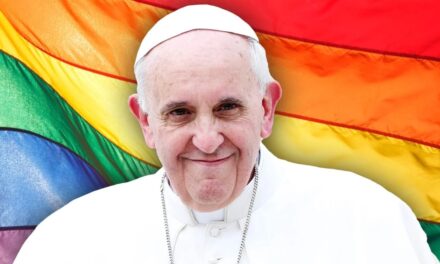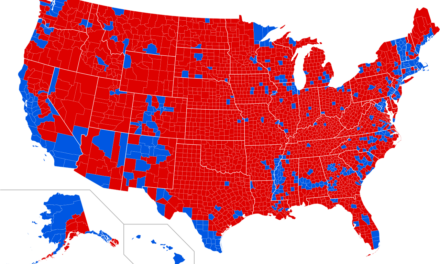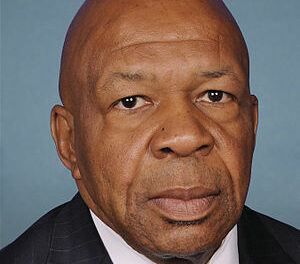Israel headed on Wednesday towards a third national election in less than a year with Prime Minister Benjamin Netanyahu facing the fight of his life for political survival after a criminal indictment.
After giving its preliminary approval, and barring last-minute progress in deadlocked efforts to form a new government, parliament was set to vote for its dissolution later in the day and approve a March 2 election date already agreed by the two major parties.
What had once seemed nearly impossible to many Israelis – a third visit to polling stations after inconclusive elections in April and September – carries a heavy economic price: it will be well into 2020 before a new budget is passed, which will mean months of cutbacks that will weigh on growth.
Neither Netanyahu’s right-wing Likud party nor the centrist Blue and White party led by his main rival, former military chief Benny Gantz, won enough seats in the Knesset (parliament) for a governing majority in the previous two contests.
Both men were delegated the task of forming a coalition, but failed. Each has blamed the other for the impasse, in which neither could agree on the terms for a “rotating” premiership.
In the two previous national ballots, Netanyahu’s opponents focused on the three corruption investigations against him that included allegations he dispensed favours to media barons in a push for more favourable media coverage.






Recent Comments